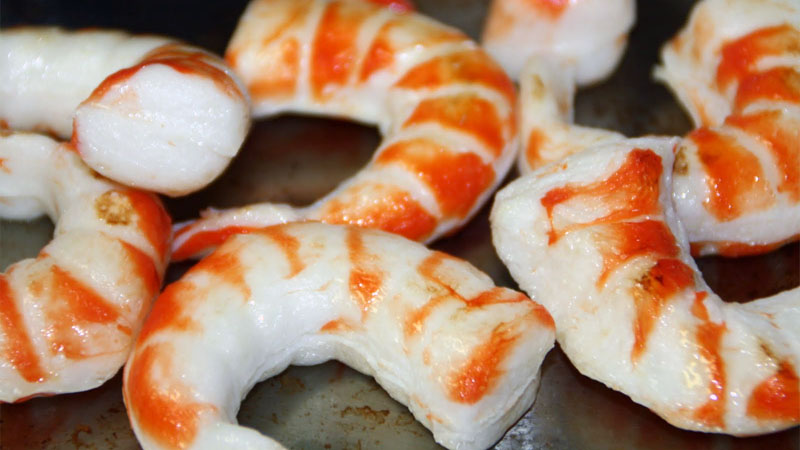Exclusive content

The Korean government has chosen four consortia to spearhead research efforts into seaweed-based substitutes and lab-grown fish. The Ministry of Oceans and Fisheries has committed to a substantial investment of 28.6 billion won (USD 20 million) over the next five years to support these projects.
Research Focus and Participants
Among the selected groups, Pukyong National University and its partners, including eight other institutions, will concentrate on the production of salmon alternatives derived from algae. Meanwhile, Ewha Womans University leads another consortium dedicated to creating grilled seafood alternatives utilizing shrimp and other fish species. Two additional groups have been tasked with developing technologies to process other edible marine lifeforms.
The primary objective of these initiatives is to pioneer source technologies and prototype products that can position Korea at the forefront of the emerging alternative and synthetic seafood markets.
Global Market Trends
The demand for alternative meat—ranging from plant-based to lab-grown varieties—is gaining momentum globally. Kearney, an international consulting firm, forecasts that these markets could represent up to 60 percent of the future meat industry.
Alternative food sources are increasingly seen as viable solutions to global food challenges, including catering to vegan diets. Countries such as the United States, France, and Austria have already made significant strides in this sector, introducing innovative products like shrimp fries made from powdered seaweed, seaweed-based smoked salmon, and alternative salmon derived from seaweed.